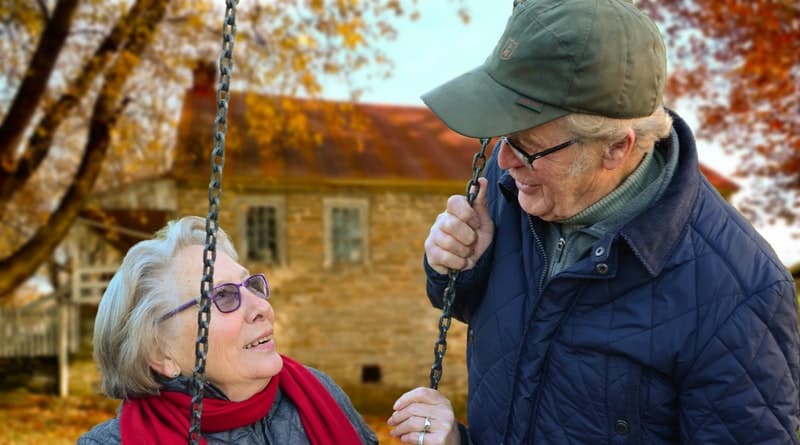Growing Older: Debunking 3 Financial Myths

In the classic way to introduce an article, there are few things that are certain in life – but growing old is one of them. It happens to us all but in truth, there’s something of a stigma surrounding aging.
Today’s post isn’t going to focus on issues such as hair loss, dementia and other health issues that apparently affect older generations. Instead, this is all about pounds, shilling and pence, and the various financial myths that are donning the rounds.
Whether you are old or young, this guide is for you. If you fall into the former, you can prepare accordingly. If you’re in the latter, you can take action now. Let’s dive into the suggestions.
You will still have financial outlays
This is one of the main myths that surround aging and in some ways, it’s not surprising. After all, you will have hopefully paid off your mortgage and your car, which tend to be the two biggest financial commitments.
Unfortunately, that’s not everything though. Other commitments enter the fray, including elderly care and funeral arrangements. Sure, these are topics that many people don’t like to talk about, but they can add significant costs later down the line – even if it’s your family who might pick up the final bill. This is one of the reasons why you can prepay for funeral arrangements so you don’t have to pay any inflation.
Another financial outlay that’s often forgotten about is the kids or grandkids. It’s becoming more and more common for parents to act as a “bank”, to help their children get on the property ladder. Admittedly, you might not want to join this group, but even then we all know the cost of raising children stretches into the hundreds of thousands over the course of your life anyway.
You might not live until 70.5
Statistics suggest that 70.5 is the average lifespan for the world. Bearing this in mind, you should budget until this age, right?
Hopefully, you understand where we are going with this. This is merely a number, and there’s every chance that you could live until 100. By assuming that you are going to fall into an average bracket, you are really opening yourself up to the possibility of running out of money later down the line.
Don’t “choose” a number that you will live to; it’s rare that you will get that right.
You won’t spend less when you retire
One of the biggest misconceptions about growing older is that you spend less once you reach that elusive retirement age. We’re not quite sure where this myth came from, but to say it is dangerous would be a gross understatement.
Again, you might have paid off your major financial commitments by this point, but let’s not forget that suddenly you have more time available. In that time where you would normally have been working, you now have space to fill with hobbies and other past-times that might result in spending more money.
When considering a home loan during retirement a traditional loan is not your only option. You also have the choice of applying for a reverse mortgage. Doing so will allow you to collect money as needed, rather than having to pay the money back to your lender regularly. A loan set up through a reverse mortgage lender is designed to last for an extended period of time. There is no need to pay it back right away. Using a reverse-loan application calculator will allow you to learn what your home is worth and how much you may be able to borrow. You can continue to own your home and live comfortably in it for the loan’s duration. However, when you pass away or move out of the home it may be sold so the lender can recover some or all of the remaining balance. Your heirs can also pay the loan balance to keep the property.
What's Your Reaction?
Newly middle-aged wife of 1, Mom of 3, Grandma of 2. A professional blogger who has lived in 3 places since losing her home to a house fire in October 2018 with her husband. Becky appreciates being self-employed which has allowed her to work from 'anywhere'. Life is better when you can laugh. As you can tell by her Facebook page where she keeps the humor memes going daily. Becky looks forward to the upcoming new year. It will be fun to see what 2020 holds.



